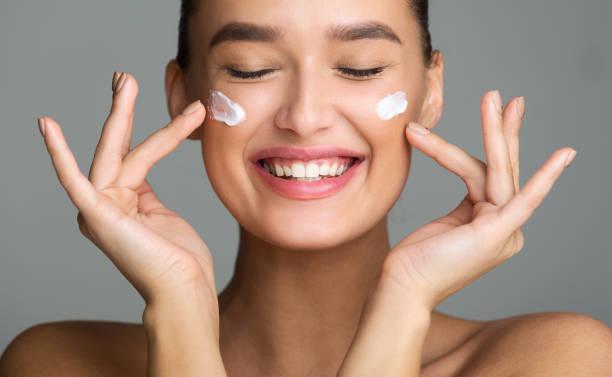Acne is a common skin condition that affects people of all ages. It occurs when hair follicles become clogged with oil and dead skin cells, resulting in the formation of pimples, blackheads, whiteheads, and cysts. While acne is often associated with puberty, it can persist into adulthood and have a significant impact on a person's self-esteem and quality of life.
There are several factors that contribute to the development of acne, including:
-
Hormonal changes: Hormonal fluctuations, such as those that occur during puberty, menstruation, and pregnancy, can cause an increase in oil production, which can lead to clogged pores and acne.
-
Genetics: Acne can run in families, suggesting that there is a genetic component to its development.
-
Stress: Stress can trigger hormonal changes that lead to acne breakouts.
-
Diet: A diet high in sugar and processed foods has been linked to increased acne breakouts.
-
Skincare products: Some skincare products, such as heavy moisturizers and makeup, can clog pores and contribute to the development of acne.
-
Medications: Certain medications, such as corticosteroids, androgens, and lithium, can cause acne as a side effect.
To fight acne, it is important to adopt a comprehensive skincare routine that includes:
-
Cleansing: Wash your face twice a day with a gentle cleanser without harsh chemicals. Avoid using hot water and scrubbing your skin too hard, as this can make acne worse.
-
Exfoliating: Gently exfoliate your skin once or twice a week to remove dead skin cells and unclog pores.
-
Moisturizing: Use a light, moisturizer to hydrate your skin without clogging your pores.
-
Spot treatment: Apply a spot treatment to pimples to help dry them out and prevent future breakouts.
-
Diet: Maintain a healthy diet that is low in sugar and processed foods and high in fruits, vegetables, and whole grains.
-
Stress management: Practice stress-management techniques, such as exercise, meditation, and deep breathing, to reduce the impact of stress on your skin.
-
Consult a dermatologist: If your acne is severe or persistent, consider seeing a dermatologist for personalized treatment recommendations.
Acne is a complex condition that can be caused by a variety of factors, including hormones, genetics, stress, diet, skincare products, and medications. To fight acne, it is important to adopt a comprehensive skincare routine that includes cleansing, exfoliating, moisturizing, spot treatment, maintaining a healthy diet, practicing stress management, and seeking the advice of a dermatologist if necessary. With the right approach, it is possible to achieve clear, healthy skin.





